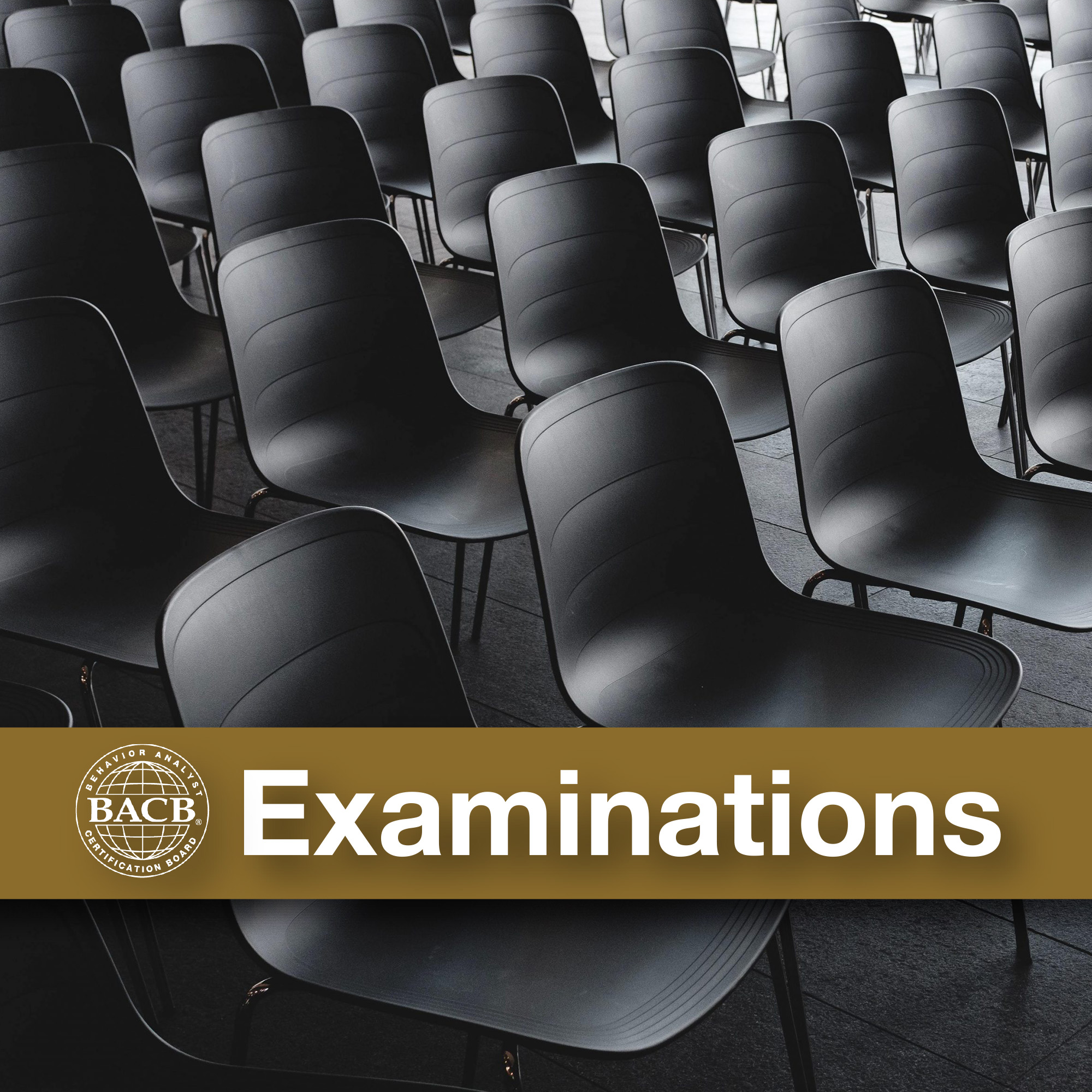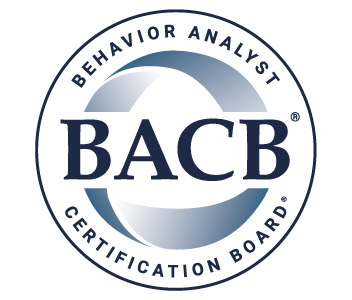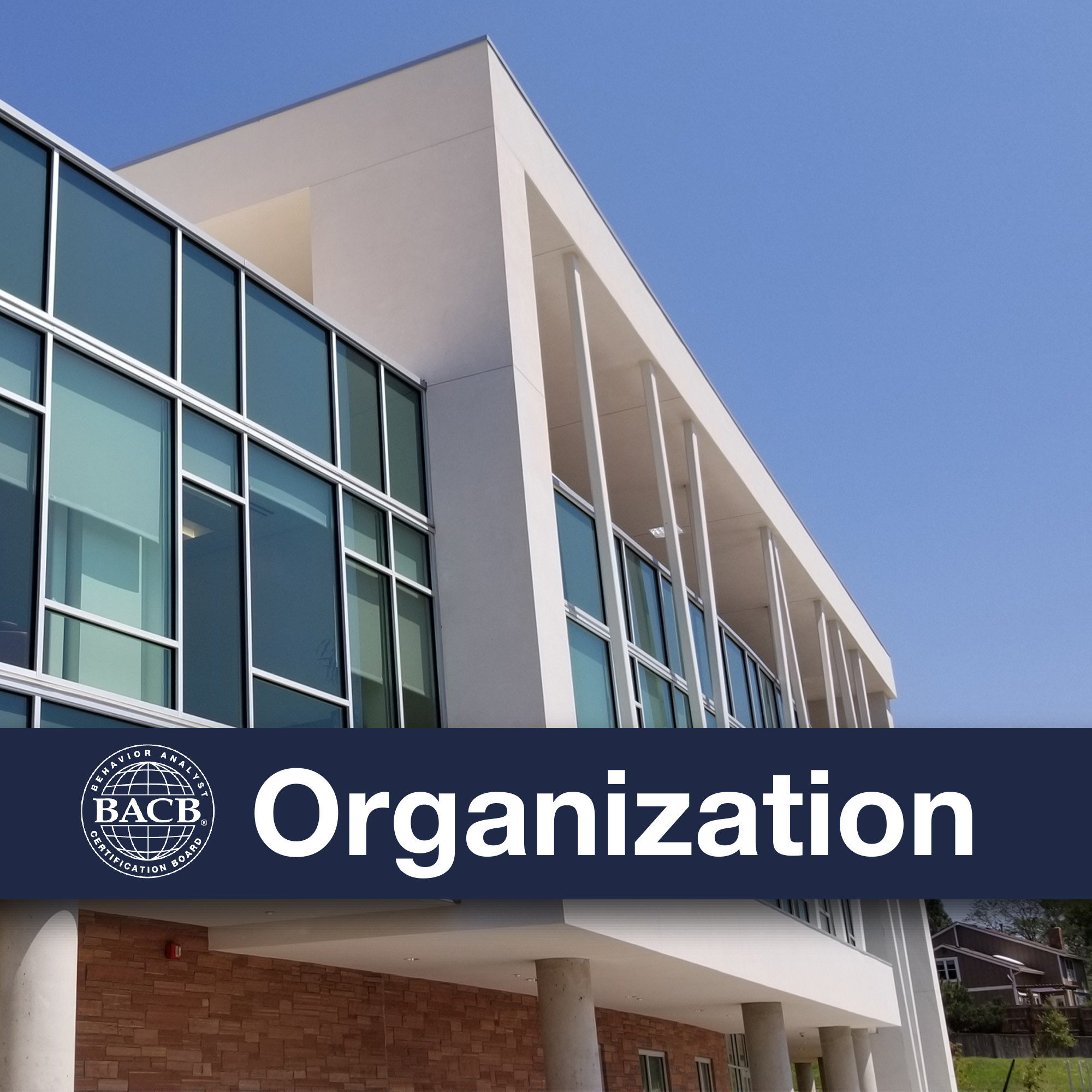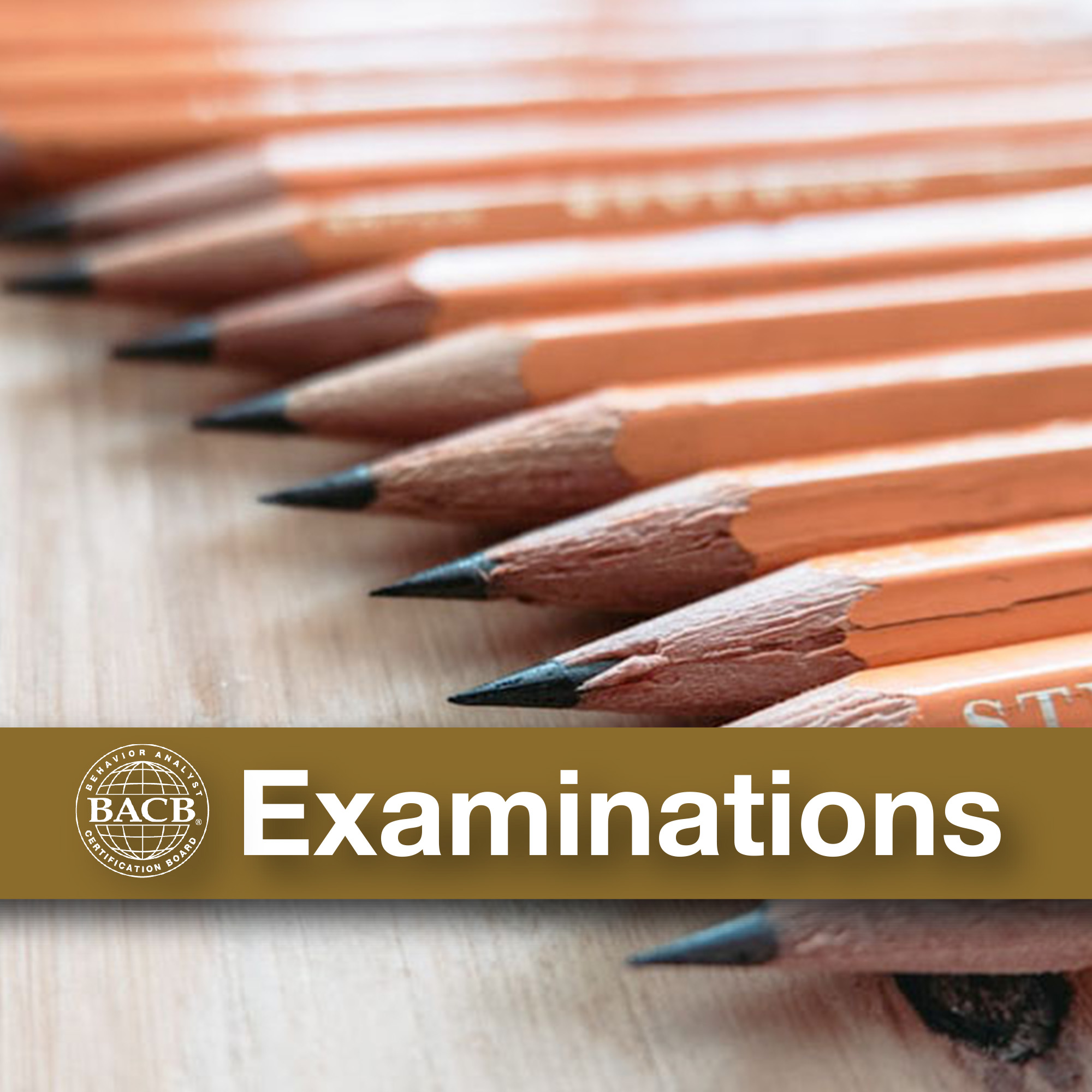Note: The information in this blog may be outdated.

- An effective RBT, BCaBA, or BCBA examination is:
- Reliable
- Valid
- Fair
- Confidential and proprietary
- Informed by the practice of behavior analysis
- All of the above
Knowing the Terms
To better understand how the BACB develops and maintains examinations, it’s helpful to know these terms:
- Criterion-Referenced: Criterion-referenced examinations measure success in relation to fixed requirements set by qualified professionals. The BACB’s examinations are criterion referenced.
- Examination Blueprint: The purpose of an examination blueprint is to provide a structure for the content that will be covered in an examination. Essentially, it’s an overarching arrangement that precisely tracks how the different content components of an examination will be emphasized.
- Psychometrician: An expert in the science of educational and psychological measurement who determines the reliability, validity, and fairness of a test or examination. The BACB works closely with psychometricians, subject matter experts (SMEs), and members of the BACB Board of Directors when establishing examinations.
7 Myths and Clarifications About BACB Examinations
There are many myths surrounding the way examinations are developed and maintained at the BACB. So, in the list below, we break down and debunk some of the most common myths about BACB examinations.
- Myth #1. The BACB created the processes they use to develop and maintain examinations.
- Clarification. The processes used for examination creation and maintenance are based on the best practices used in the measurement, assessment, and testing professions. These processes are widely accepted and practiced in the development of high-stakes examinations.
- Myth #2. BACB staff members write examination questions.
- Clarification. To create examination questions, the BACB consults a panel of SMEs who currently practice applied behavior analysis (ABA). The SMEs write and edit all BACB examination questions.
- Fun fact: Over 100 SMEs helped write and edit BACB examination questions in 2019 and 2020!
- Myth #3. The BCBA and BCaBA examinations are the same, but the BCBA examination has 20 additional questions.
- Clarification.. Although the BCBA and BCaBA examinations are similar due to the overlap in their content and practice requirements, each set of certificants must be tested on this content at a different level of understanding. SMEs who help write and review examination questions are trained to account for the different levels of performance necessary to practice at each certification level. So, while the BCBA and BCaBA examinations may share similar content, they do not share questions.
- Myth #4. The comments testers write will impact their examination scores.
- Clarification. Examination comments do not impact the score a tester receives on their examination. In fact, the comments testers write are only used if a question is reviewed by SMEs at a later time.
- Myth #5. Some examination questions have more than one right answer.
- Clarification. While multiple answers to an examination question may seem correct, there is only one best answer. This is because each question is designed to differentiate between individuals who fully understand the content and those who do not. So, in some cases, subtle details make the difference between a good answer and the best one.
- Myth #6. Examinations get harder with each retake.
- Clarification. Every BACB examination adheres to the difficulty established by a base examination. Each base examination is developed alongside every new version of the examination blueprint and then approved by the Board of Directors. All following examinations developed by the BACB Testing department are statiscally equated to the base examination before they are administered in Pearson VUE testing centers.
- Myth #7. The BACB examinations are norm referenced (i.e., they measure success in relation to a group with like characteristics rather than a set standard).
- Clarification. Every BACB examination is criterion referenced. Criterion-referenced examinations measure success against a fixed standard that was established by a panel of experts using a formal process. This standard does not move or change regardless of the testing group’s characteristics (e.g., training quality, skill level). For example, an entire group of individuals taking the examination on the same day might all pass—or they might all fail. The test taker’s score really depends on the quality of training that they received, not on the skill levels of the other people taking the examination at a given time.
Bonus question: Why don’t we provide scores to individuals who pass the examination?
Many certificants who pass the RBT, BCaBA, or BCBA examination ask to see their raw score afterwards; however, the BACB does not provide raw scores. This is because our examinations are designed to put candidates in two categories: those who have learned enough to safely practice ABA and those who haven’t. Anyone who passes an RBT, BCaBA, or BCBA examination is qualified to practice at their relevant level of certification. So, while we don’t provide your numeric, raw scores after you pass a BACB examination, rest easy knowing that you have met the minimum requirements to practice as a certified RBT, BCaBA, or BCBA.
For more information about BACB examinations, listen to Episode 12 of the Inside the BACB podcast. Happy testing!


